By Jaimie Glatt
America has faced many unknowns in the last few years, to highlight, 2019 with Mass Shootings, and 2020 that brought political race wars, tornados, pandemic, and bombs. We are all experiencing this eerie fear of the unknown. This feeling can manifest in our bodies with physical symptoms such as sweating, heart palpitations, difficulty concentrating, headaches and consistent worry. These are symptoms of anxiety, or in other words worry and fear of the unknown. We have many things surrounding us that are changing the way we knew life before, causing us to adapt. But what happens when you find yourself stuck?
Don’t Know Where to Start? #1: REFLECT
We are in difficult times, but we’ve been in difficult times before. How did you make it out then? What did you have in place in your life in that moment where you successfully passed that test, or season in life? Who was around you that supported you with positivity? What did you read? What did you have in place spiritually, emotionally, and physically? Journal to reflect on how you have overcome adversity and remind yourself that tough times do not last forever. You’ve made it out before, and you can make it out now.
Connect to Your Resilient Self: Reflect on Prior Adversities
Feeling All Over The Place? #2: BREATHE
I invite you to take a few moments to yourself. Sit in a comfortable, safe space where you can feel uninterrupted. Close your eyes and focus in on your stomach. Are you breathing with a shortness of breath and feel your heart racing faster than normal? This could be an indicator of an anxiety attack on the way. Breathing can stop your body from panic and prevent brain fog or lashing out in stress. Breathe and push your stomach outwards and continue to follow this rhythm until you feel your heart rate come back to a seemingly normal pace.
In Silence, center yourself to center your thoughts again.
How to cure the physical symptoms? #3: Consult
We are stronger together as a community. Encourage yourself to seek help if needed. You may seek a lot of hope in speaking to someone unbiased and neutral, such as a Social Worker or Life Coach. Seek your Primary Care Physician, and they may recommend Cognitive Behavioral Therapy, Anti-Depressant or recommend a specialist for you to speak to.
I’ve experienced anxiety, and it was the moment that I answered that anxiety with solutions that I found it to go away. What you resist, persists. I invite you to listen to your body. It is trying to tell you something. Other things you can do to combat the anxiety include: Nurturing that discomfort by journaling in the moment. In just 10 minutes you can find some release. Connecting to nature and going for walks. The sun is so healthy for your body, and you may find your mood shift. Connecting to music that brings you to simpler times. It will get easier. Encourage yourself to believe it will, and empower yourself that you’ve done it before and can do it again! I believe in you.

